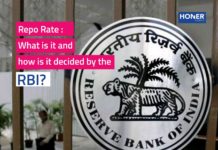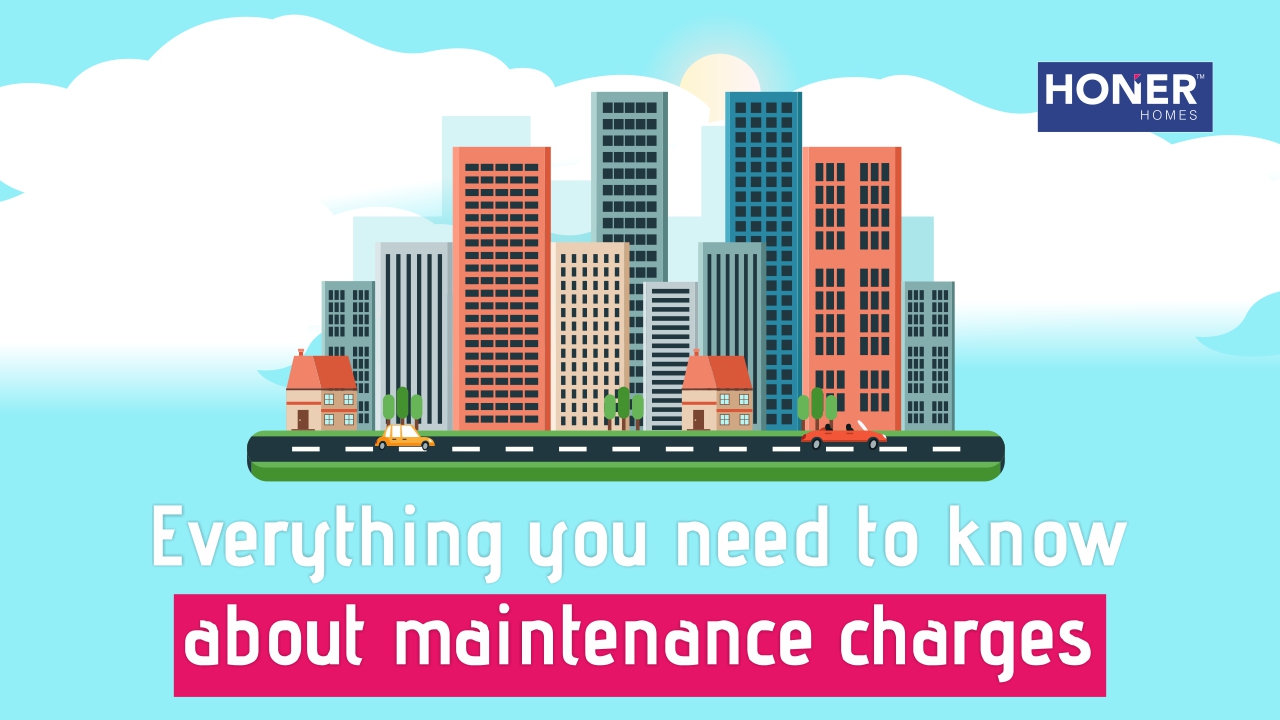Buying a home is a lifelong dream for many, but it’s also one of the biggest financial commitments you’ll ever make. While the emotional aspects often take center stage, overlooking the financial side can lead to long-term stress, unmanageable debt, and even regret. Whether you are a first-time homebuyer or planning your second investment, understanding the pitfalls in home buying can save you from costly mistakes.
In this blog, we will talk about the five most common financial mistakes one should avoid when buying a home and how to steer clear of them.
Underestimating the True Cost of Homeownership
When buying a home, most buyers tend to focus only on immediate expenses like down payment, EMIs, stamp duty, and registration charges. However, true financial preparedness comes from understanding and planning for the ongoing and future expenses that accompany homeownership. These additional costs, if ignored, can lead to financial stress post-possession:
Annual Property Taxes: These are levied by municipal authorities and vary by city, property size, and usage.
Society Maintenance and Sinking Fund: Monthly charges that cover security, housekeeping, repairs, and shared utilities. Gated communities may charge a premium based on the amenities offered.
Home Insurance Premiums: Insurance offers protection against natural disasters, fires, or theft. While optional, it is highly recommended.
Utility Bills: Regular bills for electricity, water, gas, internet, and DTH can increase based on your home’s size and lifestyle.
Lifestyle Adjustments: Relocating may increase commuting time and transport costs, and you may need to shift your children’s schools or spend more on daily conveniences.
Tip: Add a 10–15% buffer to your total property cost to account for future and recurring expenses. This prevents surprises and helps you maintain your financial balance after moving in.
Overcommitting on the Down Payment
While a larger down payment reduces your loan amount and monthly EMI, exhausting your entire savings to do so can be a risky move. It leaves you with little to no buffer for emergencies, healthcare needs, or unplanned expenses.
On the other hand, paying too small a down payment can increase your debt burden, lead to higher interest costs, and reduce your eligibility for better loan terms.
Tip: Aim to pay 20%-30% of the property value as a down payment, but ensure you retain at least 6–9 months of expenses in an emergency fund.
Buying Beyond Your Budget
In a competitive market, it is certainly tempting to stretch your budget to get a larger house or a better location. However, overextending financially can put immense pressure on your lifestyle. It could mean sacrificing savings, reducing investments, or even defaulting on EMIs.
Lenders may approve a higher loan than you need—but that doesn’t mean you should take it.
Tip: Follow the 28/36 rule—no more than 25%-30% of your gross monthly income should go towards your home loan EMI, and your total debts (including other loans) should not exceed 35%.
Overlooking Tax Benefits on Home Loans
Homeownership in India comes with a host of tax-saving opportunities yet many buyers fail to leverage them either due to lack of awareness or poor planning. Properly utilizing tax deductions can significantly reduce your annual tax liability and improve your net cash flow.
Here are the key home loan-related tax benefits under the Income Tax Act:
Section 80C: You can claim up to ₹1.5 lakh annually on the principal repayment of your home loan. This also includes stamp duty and registration charges (only in the year they are paid).
Section 24(b): Offers a deduction of up to ₹2 lakh per year on interest paid on a home loan for a self-occupied property, provided the construction is completed within 5 years.
Tip: Always consult a tax advisor before or during the home-buying process. They can help you structure your loan smartly and ensure you’re claiming all eligible deductions efficiently.
Not Seeking Professional Financial Guidance
To ensure seamless financial decisions, it’s important to speak to an expert. Many buyers make emotional decisions or rely on advice from friends or family, without understanding the long-term implications of purchase types, tax benefits, or investment potential.
Tip: Consult with a financial advisor or a certified planner who can help you assess loan options, tax advantages (such as Section 80C and Section 24), and how your home fits into your overall financial goals.
Your home should be a place of comfort, not a source of financial strain. The key is to approach the process with preparation, clarity, and discipline. By avoiding these five common financial mistakes, you not only safeguard your present but also build a solid foundation for your future.
Remember, smart homebuying is not about spending more—it’s about spending right.
About Honer Homes – Honer Homes stands out as a trusted name in delivering premium apartments in Hyderabad, offering a blend of luxury, comfort, and community living. With thoughtfully designed gated community apartments in Hyderabad, Honer Homes ensures a safe and serene environment complemented by modern amenities and green spaces. Our gated community properties like Honer Signatis, Honer Richmont, Honer Aquantis & Vivantis in Hyderabad are strategically located, providing easy access to key IT hubs, schools, and lifestyle destinations. Each of our residential projects in Hyderabad reflects architectural excellence and a focus on long-term value for homebuyers. If you’re looking for well-planned gated community projects in Hyderabad, Honer Homes promises a home where elegance meets convenience, making everyday life truly exceptional.
Honer Homes, one of the top realtors of Hyderabad, provides you with details of home loan and financial advisory. If you are aiming to purchase your property, our sales and loan department will support you through the journey and ensure you are making the right decision with home buying. To know more, visit www.honerhomes.com
- How much extra budget should one keep aside beyond the home price?
It’s always advisable to keep an additional 10–15% of the property value aside for recurring and future expenses such as maintenance charges, property taxes, insurance, utilities, and lifestyle adjustments. This buffer helps you avoid financial stress after possession and ensures smoother homeownership.
- Is it wise to use all the savings for a higher down payment?
No. We do not recommend such an action. While a higher down payment can reduce your EMI burden, using all your savings can lead you towards financial vulnerability. Ideally, you should pay 20–30% a down payment while retaining an emergency fund that covers at least six months of living expenses.
- How do you know if a home loan EMI is affordable for yourself?
Experts suggest that your home loan EMI should not exceed 25–30% of your gross monthly income, and your total monthly debt obligations should not exceed 35% of your income. This ensures long-term financial stability.
- What tax benefits can I claim on a home loan in India?
Homebuyers can claim tax deductions under:
· Section 80C: Up to ₹1.5 lakh on principal repayment (including stamp duty and registration, in the year paid).
· Section 24(b): Up to ₹2 lakh per year on interest paid for a self-occupied property. Consulting with a tax advisor helps ensure you maximise these benefits correctly. - Should one consult a financial advisor before buying a home?
Yes. A financial advisor can help an individual evaluate loan options, understand tax benefits, assess affordability, and align their home purchase with long-term financial goals. Professional guidance reduces the risk of emotional or poorly planned decisions and helps you buy with confidence.

















































